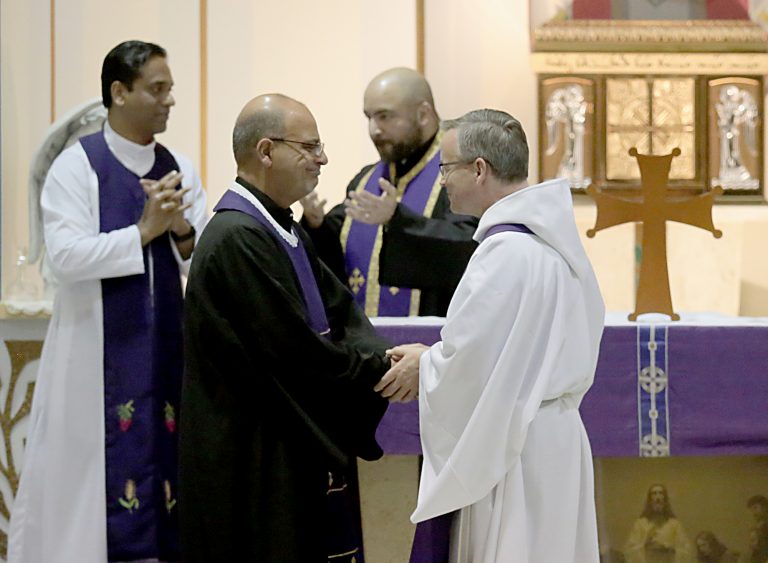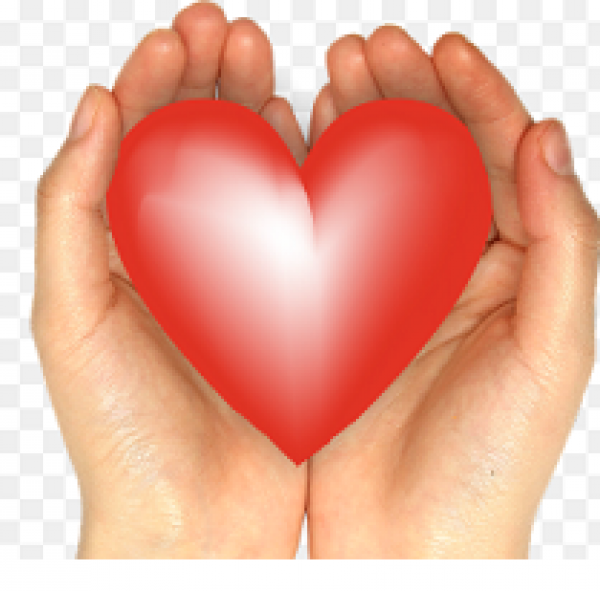

These disparities are mind boggling and yet they are real. Unemployment rates for the transgender community are twice as high as the population as a whole-and for transgender people of color, the rate is four times as high. Additionally, transgender workers are nearly four times more likely than the population as a whole to have a household income of under $10,000. Yet, while there have been many broadened passages in movement for marriage equality and LGB rights, the channels for transgender and gender non-conforming folks are still the most narrow and constricted passageways in our community.Ī recent study, “ A Broken Bargain for Transgender Workers,” shows that more than four in 10 transgender people (44%) are underemployed. The LGBTQ community is familiar with oppression and the narrow places of the Mitzrayim. I thought about the connection between Jewish history and oppression, from slavery in Egypt to today’s Jewish organizations who fight against inequality. Last week we celebrated Passover. The Seders I attended called me to think about Mitzrayim, the narrow places where people are still oppressed. Keshet’s blog spotlights this work, as well as the voices of LGBTQ Jews, our families, and allies. The organization equips Jewish leaders with tools to build LGBTQ-affirming communities, creates spaces for queer Jewish teens to feel valued and develop their own leadership skills, and mobilizes the Jewish community to fight for LGBTQ justice. And I refuse to despair and continue to hope.Keshet is a national organization that works for LGBTQ equality in Jewish life. He notes that “the Pope has always encouraged the work that is being done, and has been praying for the work being done by others, to counteract and fight against coronavirus.”Ĭalling for optimism, the Cardinal adds: “We are left with either faith in God or absolute despair. The Cardinal enjoins us to pray for one another as “everybody is now in the same boat caused by the tempest of coronavirus.” Initiatives of the ChurchĬardinal Onaiyekan commends Pope Francis’ initiatives and the use of his influence during the coronavirus pandemic. There is no distinction between Christians, Muslims or Buddhists, Africans and Europeans, black and white,” he says. It is clear now that the whole of humanity is one.

“There is no example of our unity in need as we now have under coronavirus. Referring to the initiative as a “powerful symbol,” the Cardinal stresses the importance of removing divisions from our midst. God alone has the absolute power and we should find a way to reach out to God.” Humanity is one “Having tried our best as human beings, a time will come when we should realize that we are only human beings. Recognizing that human efforts alone are not sufficient against the pandemic, he adds: “It is significant that Religions for Peace International is organizing a moment of prayer by all religious leaders all over the world, so that with a common voice, we can invoke the mercy of God on the world.” Speaking to Vatican News, the Archbishop Emeritus of Abuja, Nigeria, Cardinal John Onaiyekan, explains the importance of this moment of interfaith solidarity in prayer. Interested participants can join from home by registering on their website. The moment of prayer is to be broadcast live on the social media pages of the organization. The event aims to unite leaders and followers of diverse religions around the world in a “spiritual moment of shared humanity – calling for health, compassion and strength in the time of Covid-19.” Religions for Peace is organizing a moment of prayer for the world and those affected by the coronavirus pandemic on 1 April.


 0 kommentar(er)
0 kommentar(er)
